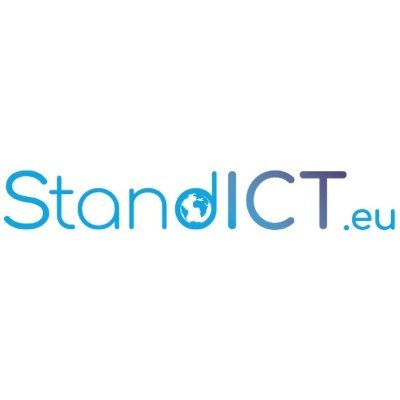Education and Training about Standardization Different needs for different roles
A Standard is a reference document approved by a recognized standardization organization (ISO, IEC, CEN, CENELEC ...). It is developed by consensus between all stakeholders in a market or a business sector, bringing together for example producers, users and consumers. In particular, a standard makes it possible to clarify and harmonize practices as well as to determine the level of quality, safety, compatibility, performance, environmental impact for products, services, methods and processes. Other types of reference documents are also developed by recognized standardization organizations and consortia or joint-ventures. Other organizations such as professional and trade associations may also develop informal standards which may be used where formal standards do not exist. Knowing about, understanding and being able to apply the standards is a requirement for all professions. These are often tools which enable compliance with mandatory regulations, but can also represent established good practice and state of the art in a particular sector. Standards facilitate commercial exchanges and make daily life easier. For companies, standards are therefore strategic tools that can open, develop, regulate or close the access to a market. Users of standards will also recognize numerous benefits in the case of participating in standardization committees. Among them are: • Influencing the contents of a standard • Enhancing and protecting companies’ activities and products • Acquiring a better understanding of the stakeholders of the market (competitors, partners, customers, product or process users, authorities, laboratories, …) • Anticipating and developing future requirements of the market • Encouraging innovation

